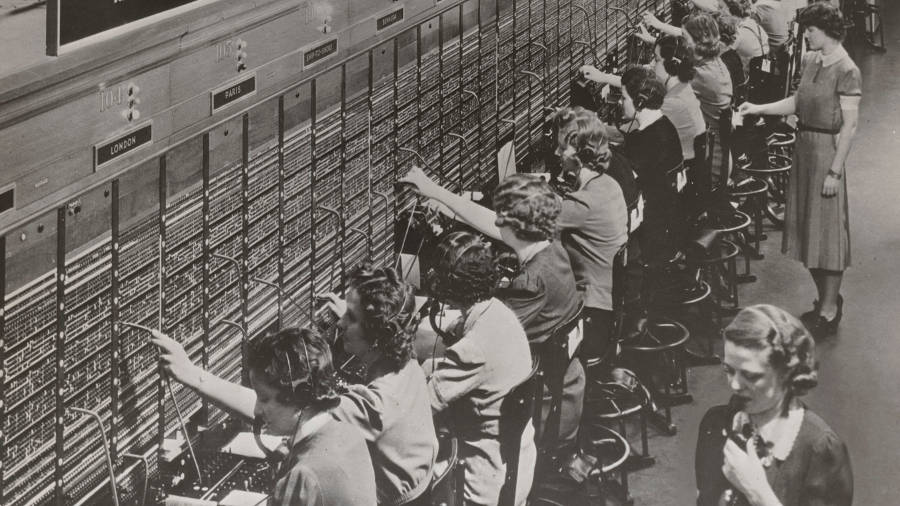
New RankBrain Machine Learning Technology Improves Searches
Last week, Google shared that it’s employing an artificial intelligence system, nicknamed RankBrain, in a very large fraction of the search queries people use to find things on the web. You can read about that announcement in this Bloomberg article. What we found even more intriguing was this Search Engine Land article that discusses the announcement and provides a great, high-level overview of the many software systems in place that influence how Google’s search works. If you’re short on time, continue reading for a brief synopsis of that article and how it affects your search engine strategy.
First, let’s get some nomenclature straight. Everyone likes to talk about Google’s search “algorithm” like it’s a single formula that determines which pages show up in the search engine’s results. Rather, what’s really going on behind the scenes is more complicated than that – it’s actually a lot of different software modules all working together to score pages based on a variety of factors (Google has spoken of more that 200 ranking signals). Here are some examples of the various software components that make up how Google search works:
- There’s “Panda”, “Penguin”, and “Payday” which are programs written to fight spam. Google invests a lot of effort to make sure search results are good, and sites that engage in spamming their URLs in comment sections, for example, will be penalized.
- The “Pigeon” update to the search software tries to improve local search. If you have a local brick and mortar business, targeting local keywords would be a good strategy. An example would be to target they keyword phrase “Denver gluten free bakery” compared to just “gluten free bakery”.
- “Top Heavy” is continually updated and aims to combat sites that contain a lot of ads from ranking well in search results.
- “Mobile Friendly” rolled out around April 2015 and is designed to give better rankings to mobile-friendly web sites in mobile search results. With the ever-increasing number of mobile searches, it’s imperative that your website work well on a smartphone. A responsive design can help with that.
- “Pirate” is a filter that tries to prevent copyright infringement. Don’t steal other people’s stuff and you should be fine.
- There’s “PageRank” which gives web pages credit based on the external links that point to those pages. Want a lot of credible traffic and traffic that looks great to Google’s search software? Write an article or get mentioned by reputable news outlets and get them to link to your site – that’d be doubly awesome.
- Now there’s the announcement of “RankBrain” which is Google’s internal machine learning system that aims to make sense of more complex search queries and match them to relevant web pages. Stuffing content and meta tags with a singular keyword phrase is passé, and a better approach is to focus on a couple of related keyword phrases per article. The whole point of machine learning is to better make sense of natural language – write solid, informative content for a person and you’ll be fine.
Whew! That’s a lot of stuff, and it doesn’t even scratch the surface of the myriad of software and logic that Google employs to rank and weight web pages. Even with this little bit of insight, it shows how far we’ve come from the early days of search (anyone ever use Excite back in the 90s?), and how quality content is the cornerstone of any good search engine strategy.
Need help getting found online? Give us a shout.
